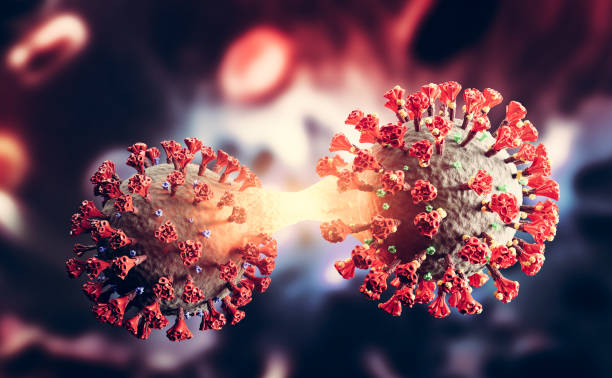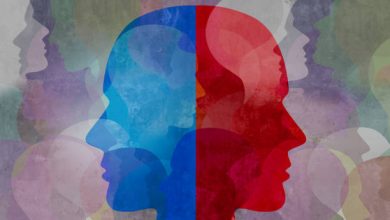The Health Issues After Covid – Some of the Aspects of Long Covid

Since, 2020 the world has been dealing with COVID-19 infections and its after-effects. While there have been massive deaths in 2020, the vaccination has brought down the issue to a considerable extent.
Having said that, covid patients don’t have it easy for them. Even when they have recovered, people often witness significant health hazards. According to MyBiosource, so far, there have been 3.9 million deaths due to the pandemic. And to date, 4 COVID-19 variants have been detected that have resulted in a list of symptoms, even after people have recovered.
How long will the infection last
Usually, people suffer from COVID-19 for close to two weeks. However, there are others who witness lingering health issues after the cough and fever fade. The World Health Organization has come up with a definition of the post-COVID-19 condition, as the symptoms which keep on getting even after a person doesn’t not test positive. Some of the symptoms include:
- Cognitive issues
- Shortness of breath
- Fatigue
That aside, all the symptoms can be revisited, but it will affect the person’s daily functioning and can’t be explained by any other health issue.
What leads to the post-COVID syndrome
Even though it is evident that people who come with specific risk factors can get affected by the virus a bit too severely, still there isn’t any distinct link between all the long-term issues and the risk factors. That aside, people infected with the virus can also have very mild symptoms, even though patients with acute initial illness can have long-term side effects. Today, there is a need of increased studies to understand the reasons for all these syndrome and remedy all these issues.
What leads to COVID symptoms for the long haulers
The COVID-19 virus can impact the body in a wide range of ways that causes increasing damage to the heart, lungs, kidneys, nervous system, and other organs. That aside, loss, grief, and unresolved fatigue and pain can trigger mental health issues. It could also get sourced from PTSD after getting treated in the ICU.
Today, the doctors are coming across a wide range of symptoms after a person got infected with the virus. A few of these symptoms are minor. However, the others will require prolonged care where people might need to get admitted to the hospital.
The other lingering issues can impact the patients with various other severe illnesses. However, you need to note that the post-COVID-19 syndrome doesn’t affect the people who got very ill when they got infected by the virus. It can also impact people who hardly got ill when they had COVID-19.
Can the vaccine stop long COVID symptoms
When you get vaccinated, it lowers your chance of getting infected by the virus. Having said that, breakthrough infections can happen even when you are completely vaccinated. It just brings down the scope for death because of the virus.
Breathing problems after covid infection
After being infected by the COVID-19 virus, some people can have scarring, resulting in lung issues. However, there can be very mild infections, which can lead to breath shortness that can cause people to get tired with minimal exertion. The lung recovery after the COVID-19 infection takes time, but it is possible. The medical community says it will take several months for the lungs to return to normalcy. The respiratory therapy and breathing exercises can help to a great extent.
The scope of heart issues
After suffering from covid, some people can develop heart issues due to the inflamed heart muscle. Also, a study highlights that close to 60% of the people after recovering from the virus witnessed signs of continuous heart inflammation and that lead to shortness of breath, rapid heartbeat, and palpitations. Ideally, consulting a cardiologist is essential to rule out any severity.
The loss of smell and taste
It is one of the common after-effects of the virus infecting the body. It senses of taste and smell are related as it can affect the nose cells. People might lose their sense of taste and smell completely. It is possible for people to completely lose their sense of taste and smell during the infection and recovery process. They might take time to recover their sense of taste and smell.
Most people who have witnessed this symptom get cured within a few weeks. And for others, the symptoms have persisted for a while. Even though these symptoms aren’t life-threatening, if they take place for a long time, they can prove dangerous. It can result in depression, anxiety and lack of appetite. According to a few studies, close to 60% to 80% of the people will witness mild improvement in their condition within six months to a year if the condition is severe. Finally, patience and correct medical care are required to sail through these symptoms and recover.




